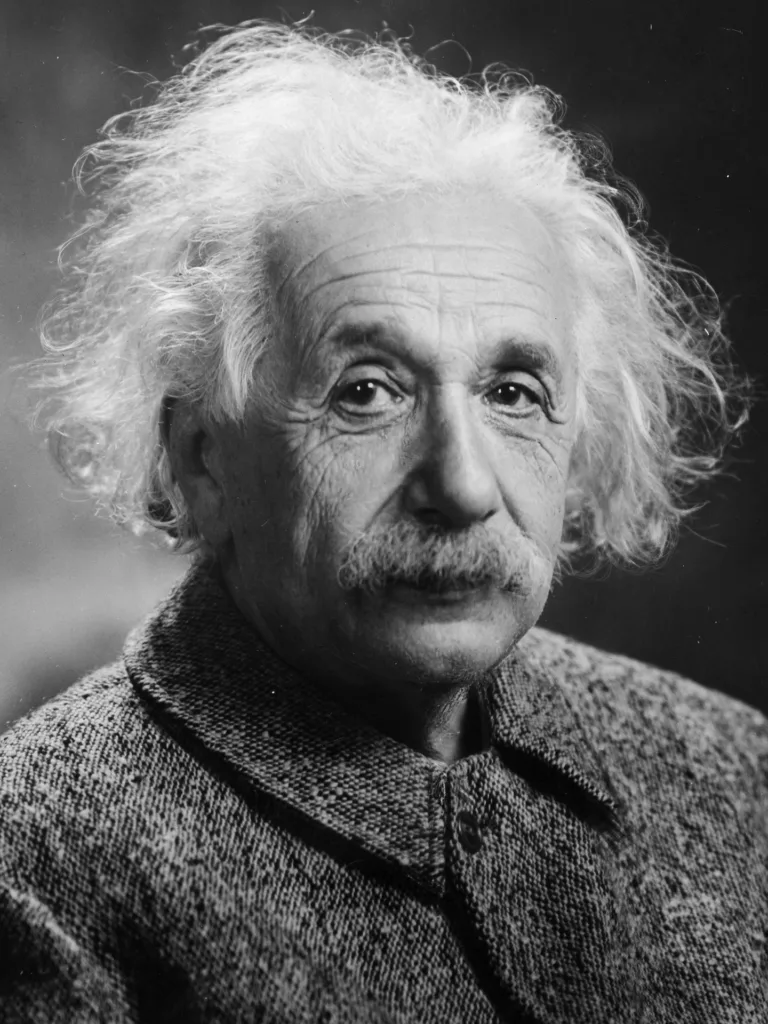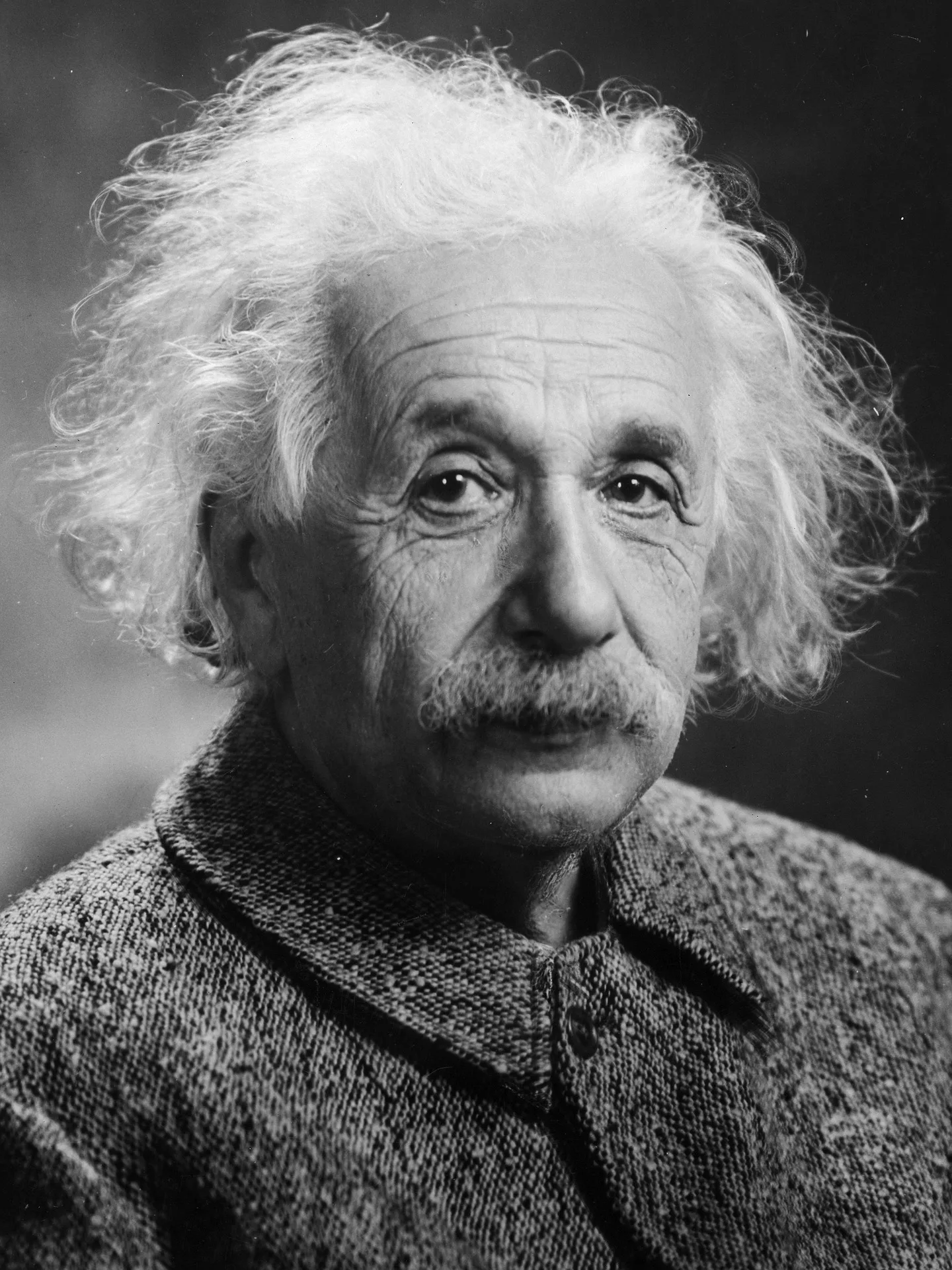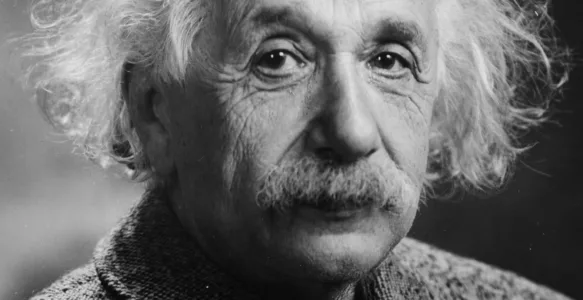Introduction:
Albert Einstein is known for his groundbreaking work in physics, but he was also a deep thinker and philosopher. Throughout his life, Einstein was inspired by a wide range of philosophical ideas, and he frequently quoted the works of other thinkers in his writing and speeches. One philosopher who had a particularly strong influence on Einstein’s thinking was Arthur Schopenhauer, a German philosopher who is often associated with pessimism. Here are 10 instances where Einstein quoted Schopenhauer:

- “As Schopenhauer has said, ‘The body is a surface which absorbs forces and reacts to them.'” – In his 1915 paper “Die Feldgleichungen der Gravitation” (The Field Equations of Gravitation), Einstein references Schopenhauer when discussing the nature of the human body.
- “The world is my representation.” – In a letter to his friend Maurice Solovine in 1907, Einstein quotes Schopenhauer’s idea that the world is a product of human perception.
- “The most beautiful and deepest experience a man can have is the sense of the mysterious.” – In a letter to Solovine in 1951, Einstein quotes Schopenhauer’s concept of the “sublime” and its ability to evoke a sense of awe and wonder in human beings.
- “Man is the only animal who causes pain to others with no other object than wanting to do so.” – In his essay “The World As I See It,” published in 1931, Einstein references Schopenhauer’s observation about the capacity for human cruelty.
- “All truth passes through three stages. First, it is ridiculed. Second, it is violently opposed. Third, it is accepted as being self-evident.” – In a speech given in 1932 at the Institute of Advanced Study at Princeton University, Einstein cites Schopenhauer’s idea that new ideas must often overcome resistance before being accepted.
- “Great spirits have always encountered violent opposition from mediocre minds.” – In a letter to the philosopher Eric Gutkind in 1954, Einstein quotes Schopenhauer’s observation about the relationship between genius and resistance.
- “The two enemies of human happiness are pain and boredom.” – In a letter to Solovine in 1938, Einstein references Schopenhauer’s ideas about the sources of human suffering.
- “Talent hits a target no one else can hit; Genius hits a target no one else can see.” – In a letter to Solovine in 1931, Einstein quotes Schopenhauer’s concept of the difference between talent and genius.
- “Man is the measure of all things.” – In his essay “The World As I See It,” published in 1931, Einstein references Schopenhauer’s idea that human beings are the ultimate judges of truth and value.
- “All happiness depends on courage and work.” – In a letter to Solovine in 1908, Einstein quotes Schopenhauer’s belief that happiness is the result of sustained effort and bravery.
Was Einstein a Pessimist ?
Albert Einstein’s philosophical views on life and the world were complex and multifaceted, and it is difficult to classify him as a straightforward pessimist or optimist. However, some of his writings and statements suggest a somewhat pessimistic or realistic outlook.
For example, in his personal letters and diaries, Einstein often expressed feelings of isolation and despair, and he was deeply affected by the horrors of war and the destructive power of human technology. In addition, he was critical of many aspects of contemporary society, including materialism, nationalism, and authoritarianism.
However, despite these concerns, Einstein also emphasized the importance of compassion, empathy, and social responsibility. He believed that science and technology had the potential to improve the human condition, but only if they were used in the service of ethical and moral values.
Overall, while Einstein’s views on life were not consistently optimistic or pessimistic, they reflected a deep sense of intellectual curiosity, a commitment to scientific inquiry and human progress, and a concern for the ethical and moral implications of scientific and technological advances.
Also Read about Devil Fish
Conclusion:
Arthur Schopenhauer was an important influence on Albert Einstein’s thinking, and his ideas on the nature of reality, human suffering, and the role of the individual in the world resonated deeply with the physicist. By quoting Schopenhauer in his writings and speeches, Einstein showed how philosophy and science can intersect and enrich each other, and he helped to popularize the work of one of the great thinkers of the 19th century.Regenerate response


